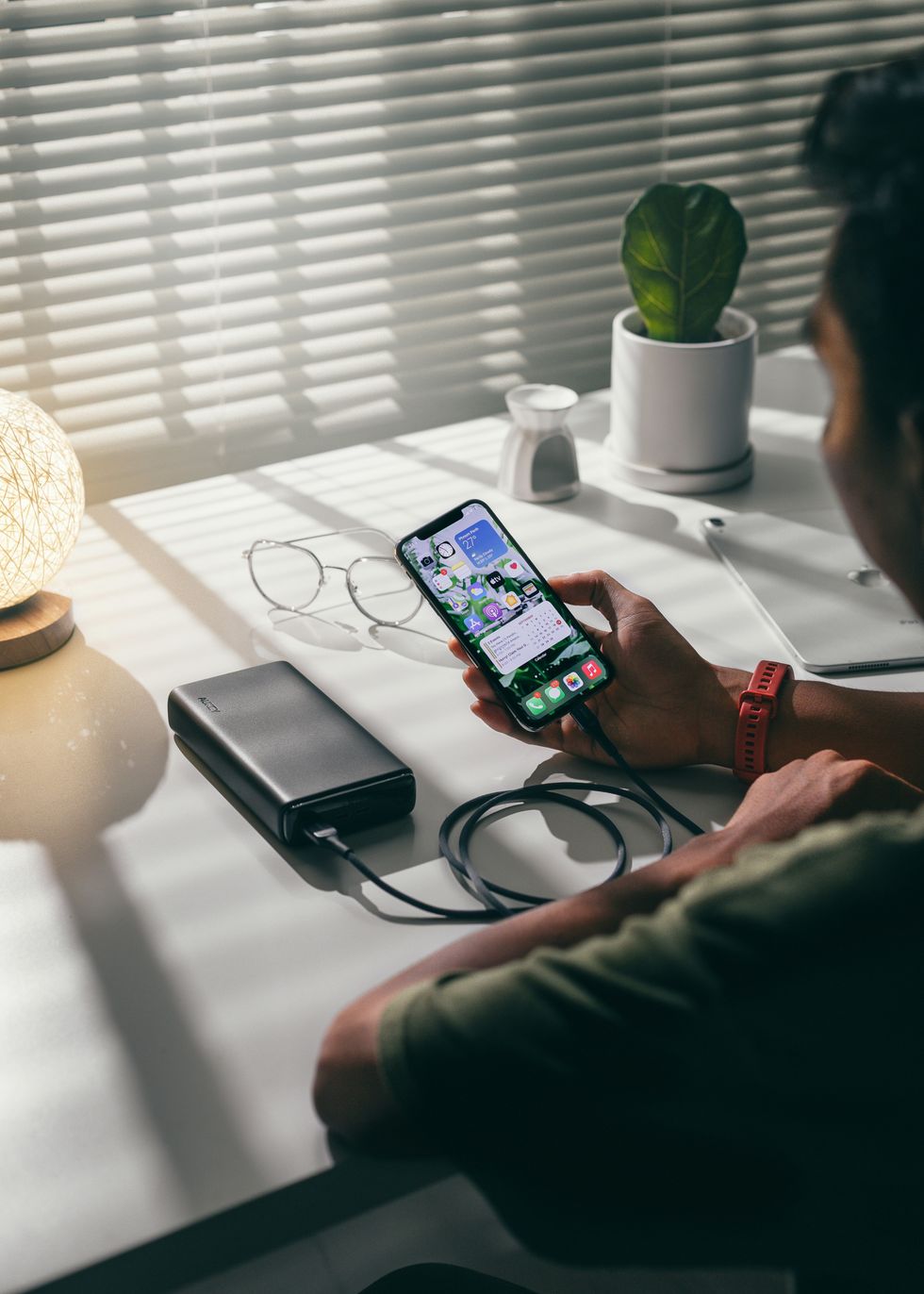Are you in the market for a new vehicle but don't have much money to spend? Don't worry; you're not alone. A lot of people are in the same boat. The good news is that there are ways to get a new vehicle without breaking the bank.
1) Determine how much money you can afford to spend.
The first step in budgeting for a new vehicle is determining how much money you can afford to spend. This means looking at your current finances and seeing what type of monthly payment you can comfortably afford. Don't forget to factor in other costs associated with owning a car, such as gas, maintenance, and insurance.
2) Decide what type of vehicle you want.
The next step in budgeting for a new vehicle is deciding on the type of car that best fits your needs and lifestyle. Do you need an SUV or minivan if you have kids? Or maybe even just a sedan would work well enough for you with room to grow into another family.
3) Research the market and determine a fair price for your desired car.
The next step in budgeting for a new vehicle is researching the market and determining what type of deal you can get on your desired car. You'll want to know how much it costs which dealerships will be offering discounts or specials during certain times of the year so that you don't end up paying more than necessary.
4) Check your credit score and get pre-approved for a car loan.
One of the essential steps in budgeting for a new vehicle is getting pre-approved for a car loan. This will help you know how much money you have to work with and ensure that you're getting the best interest rate possible. You can check your credit score online or with a credit bureau like Equifax.
5) Compare different car models and their prices.
Once you know how much money you have to spend and the type of vehicle you want, it's time to start comparing prices. This can be done by checking online or visiting local dealerships. It's important to remember that not all vehicles are created equal, and there may be a difference in price depending on the make and model.
6) Factor in the cost of insurance into your budget.
When you're budgeting for a new vehicle, it's important to factor in the cost of insurance. You can check with your current provider or shop around online for some quotes before deciding what type of policy would work best for you and your family. This is a great way to save money in the long run.
7) Consider buying a used car.
If you cannot afford a brand new car, consider buying a used car. This can be a great way to get the vehicle you want without spending too much money. You can find used cars through online classifieds or by visiting your local dealership. Just make sure to have it inspected by a mechanic beforehand to know what kind of condition it's in before making any final decisions.
8) Talk with family and friends about their experiences.
If you don't know anyone else who recently bought a new car, ask around. Your parents might have some insight or tips on how they saved money while keeping within budget limits when shopping for theirs - maybe even your grandparents too if they're still driving something newer than yours right now (and aren't they?). Friends might also have some great recommendations for dealerships or financing - it never hurts to ask around.
Hopefully, these tips will help you budget and save money when shopping for your next vehicle. Just remember to stay patient and take your time while doing your research so that you can find the best deal possible. Buying a new car can be stressful, but it doesn't have to be.



 Photo by
Photo by  person holding black smartphone on white textile
Photo by
person holding black smartphone on white textile
Photo by  StableDiffusion
StableDiffusion
 Photo by
Photo by  Photo by
Photo by 
 roommate as a therapist
StableDiffusion
roommate as a therapist
StableDiffusion
 woman in white shirt eating pizza
Photo by
woman in white shirt eating pizza
Photo by  person holding remote pointing at TV
Photo by
person holding remote pointing at TV
Photo by  person holding assorted clothes in wooden hanger
Photo by
person holding assorted clothes in wooden hanger
Photo by  a couple of
a couple of  friends cleaning apartment
StableDiffusion
friends cleaning apartment
StableDiffusion
 man driving car during golden hour
Photo by
man driving car during golden hour
Photo by  bacon strips and melted cheese topped fries on oval white and blue platter with gray stainless steel forks
Photo by
bacon strips and melted cheese topped fries on oval white and blue platter with gray stainless steel forks
Photo by  selective focus photography of eyeshadow palette
Photo by
selective focus photography of eyeshadow palette
Photo by  brown wooden framed white padded chair in between green indoor leaf plants inside bedroom
Photo by
brown wooden framed white padded chair in between green indoor leaf plants inside bedroom
Photo by  women forming
women forming  taking
taking  man in red polo shirt pouring wine on clear wine glass
Photo by
man in red polo shirt pouring wine on clear wine glass
Photo by  woman in black jacket standing on road during daytime
Photo by
woman in black jacket standing on road during daytime
Photo by 
 StableDiffusion
StableDiffusion
 StableDiffusion
StableDiffusion
 student thinking i shouldnt have procrastinated all semester
StableDiffusion
student thinking i shouldnt have procrastinated all semester
StableDiffusion
 Photo by
Photo by  Photo by
Photo by  Photo by
Photo by  StableDiffusion
StableDiffusion
 StableDiffusion
StableDiffusion
 Photo by
Photo by  Photo by
Photo by 


 Lumiere figure at the Disney Store at the Ala Moana Shoppi… | Flickr
Lumiere figure at the Disney Store at the Ala Moana Shoppi… | Flickr








 StableDiffusion
StableDiffusion StableDiffusion
StableDiffusion 10. Extra BlanketsJuwenin Home 100% Cotton Knitted Throw Blanket
10. Extra BlanketsJuwenin Home 100% Cotton Knitted Throw Blanket StableDiffusion
StableDiffusion StableDiffusion
StableDiffusion File:Kishlaru familie.jpg - Wikimedia Commons
File:Kishlaru familie.jpg - Wikimedia Commons Photo by Hanna Balan on Unsplash
Photo by Hanna Balan on Unsplash StableDiffusion
StableDiffusion black blue and yellow round illustrationPhoto by
black blue and yellow round illustrationPhoto by 




